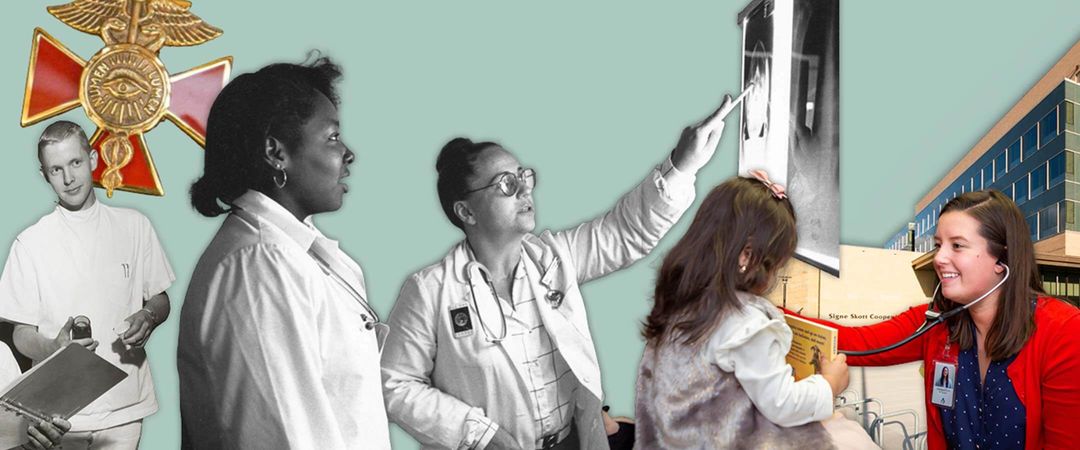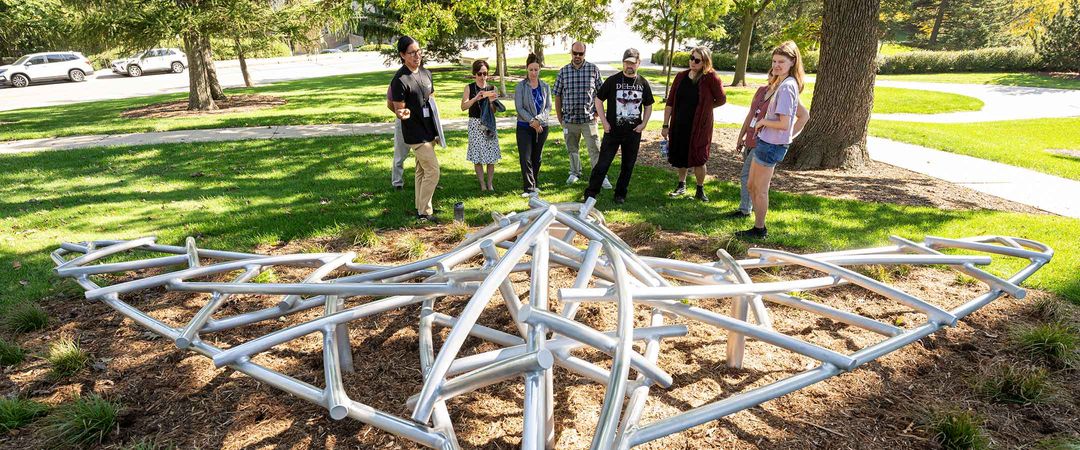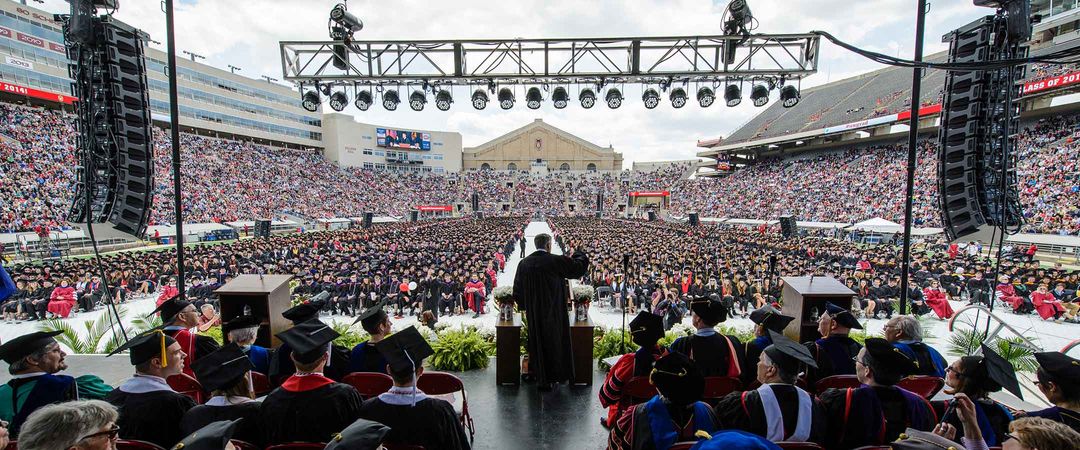As chief economist at The Conference Board, a century-old think tank that provides financial forecasting to Fortune 500 C-suite executives, Dana Peterson MS’02 is keenly aware of economic trends both in the U.S. and around the world. On this evening’s episode of The UW Now Livestream, she’ll offer insight on how the Federal Reserve can curb inflation without inciting the catastrophic consequences typically associated with a recession.
Main Area of Expertise:
Things that I’m very focused on include inflation, labor markets, fiscal and monetary policy, trade, [and] also sentiment, including consumer sentiment, CEO sentiment, and just the sentiments of the C-suite in general. [The Conference Board] produces a lot of proprietary data, including consumer sentiment [and] CEO sentiment, and also we do quite a bit of forecasting for 77 economies, not only in the short run, but over the next 10 years, and that 10-year outlook causes us to think really big in terms of what are going to be some really structural changes in the global economy and which countries [they’re] going to affect — things like labor shortages, or deglobalization, or the energy transition.
On The UW Now Livestream, I’ll Discuss:
My thought is that the [Federal Reserve] would like to arrest inflation without causing a recession, but I don’t think that’s going to happen. I think that if you raise interest rates by five percentage points within the course of a year, something has to break. We saw a little bit of breakage with the banking crisis, and the economy’s going to slow, and it’s probably going to slow so much that you get into a recession. But the thing is that usually when you have a recession, the labor market also suffers, so people lose their jobs. Lots of people lose their jobs. I think this time around you can have a recession, meaning there’s negative spending or there’s a reduction in spending and investment and all that sort of stuff, but millions of people won’t lose their jobs. That’s the best of both worlds where you slow the economy down to bring down inflation, but you don’t have lots of people looking for jobs and being homeless and that sort of thing. That’s the story that I think is most likely to happen.
One Thing I’d Like Viewers to Remember Is:
I hope they understand that whatever they learned in textbooks doesn’t always happen in real life, and that sometimes this time really is different and what you might expect should happen, doesn’t. And likewise, the things that you don’t expect [to happen], do.
To Get Smart Fast, Read:
The Wall Street Journal is a great place to start. First of all, they have short articles. They explain what’s going on, and there are lots of pictures. I like pictures. They express a lot without any words. That’s one place to go. If you have a recreational interest in economics, certainly you can read the Economist. It’s pretty broad, but often it does talk about some of the big issues in economics. You can also look at The Conference Board’s research. We have plenty of free research on recessions and what’s going on in the economy that you can look at and get a better understanding of what’s happening.





